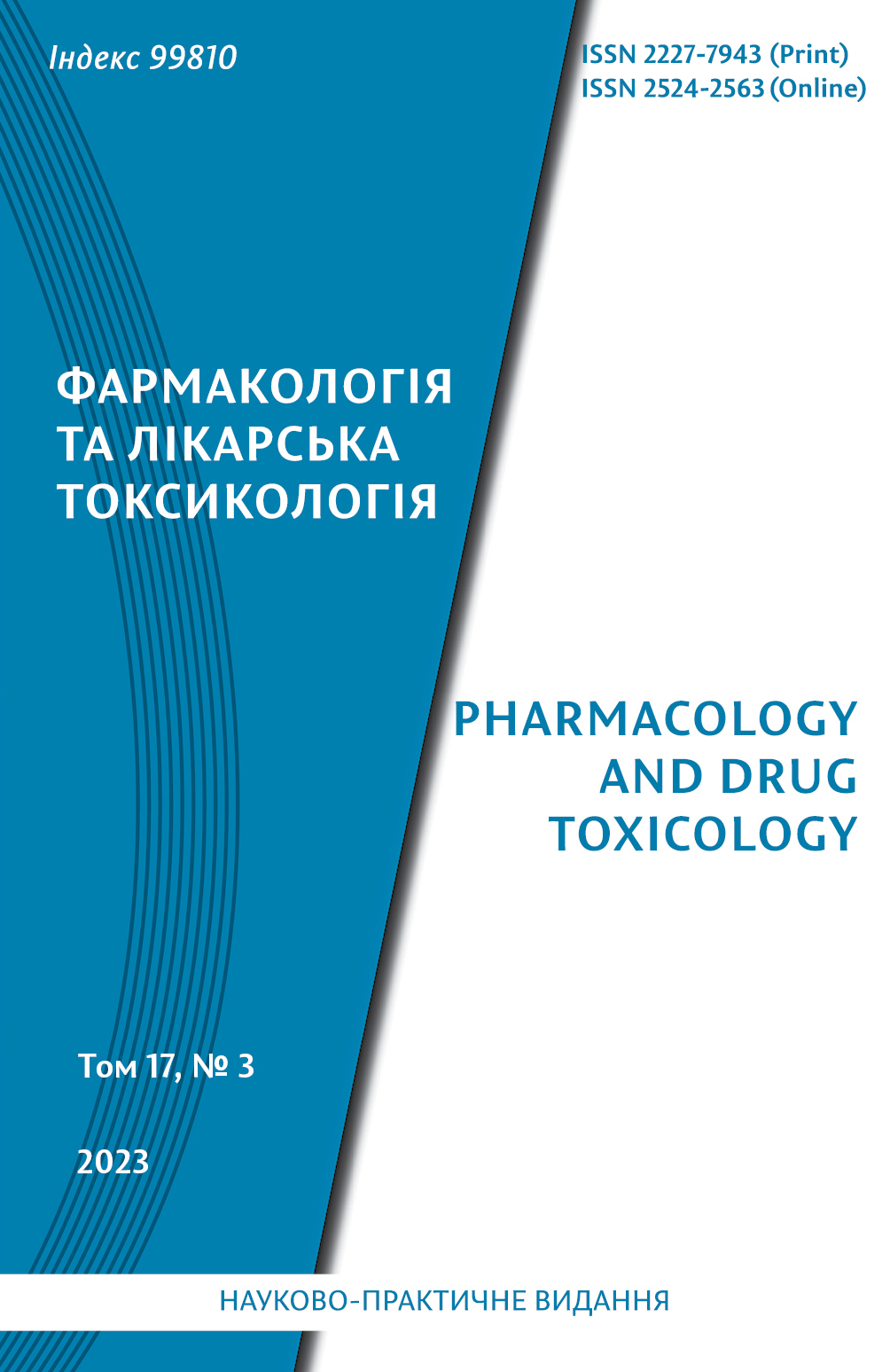Abstract
Chronic prenatal hypoxia (CPH) is the cause of nervous system damage and neurological disorders in infants, as well as the development of mental and neurodegenerative diseases later in life. Heat shock protein HSP70 is one of the key molecules in the realization of the mechanisms of neuroplasticity and neuroprotection of brain cells in hypoxia, which gives reason to consider HSP70 as a promising target for neuroprotective drugs. The aim of the study – to evaluate the effects of such agents, as angiolin, piracetam, thiotriazoline, nicomex, cerebrocurin, tamoxifen, L-arginine, glutaredoxin, HSF-1 and mildronate on HSP70 expression and offspring survival after CPH.
Studies were conducted on 50 female white laboratory rats with modeled chronic hemic nitrite-induced prenatal hypoxia. Pregnant female rats received daily subcutaneous injection of sodium nitrite solution at a dose of 50 mg/kg from 16 to 21 days of gestation. Pregnant females of the control group were administered saline solution according to the same regimen. The offspring were divided into groups: 1 – intact; 2 – control after CPH; 3 – CPH + angiolin (50 mg/kg); 4 – CPH + piracetam (500 mg/kg); 5 – CPH + thiotriazoline 50 mg/kg); 6 – CPH + nicomex (100 mg/kg); 7 – CPH + cerebrocurine (150 μl/kg); 8 – CPH + tamoxifen (0.1 mg/kg); 9 – CPH + L-arginine (200 mg/kg); 10 – CPH + glutaredoxin (200 μg/kg); 11 – CPH + HSF-1 (50 mg/kg); 12 – CPH + mildronate (50 mg/kg). All drugs were administered for 30 days at therapeutically effective doses borrowed from the literature.
It was found that CPH causes a decrease in the level of HSP70 in brain tissue and blood plasma and increases offspring mortality. A direct correlation between HSP70 level and offspring survival has been established. Administration of angiolin, piracetam, thiotriazolin, nicomex, L-arginine, glutaredoxin, tamoxifen, mildronate, HSF-1 and cerebrocurin during the first 30 days of rat life after CPH exposure leads to an increase in HSP70 level, which demonstrates the neuroprotective properties of these drugs. Angiolin (50 mg/kg), cerebrocurin (150 ml/kg) and HSF-1 (50 mg/kg) are the most effective drugs in terms of their ability to influence HSP70-dependent mechanisms of endogenous neuroprotection among the investigated agents after CPH modeling, surpassing other drugs by the level of increase in HSP70 concentration in brain tissue and blood plasma and also by the offspring survival.
